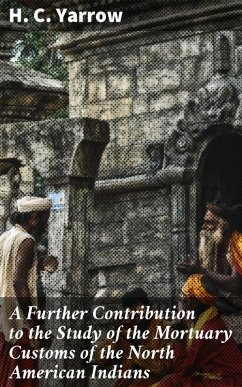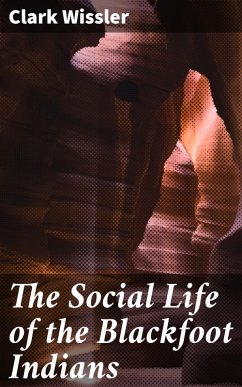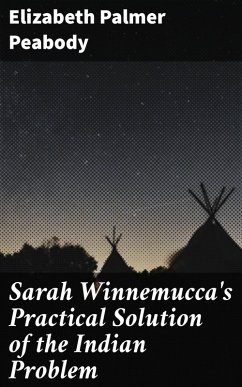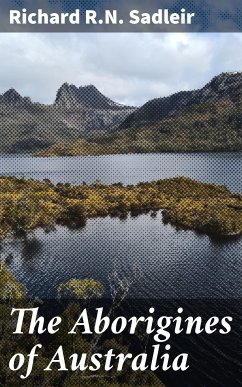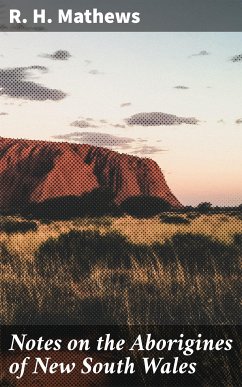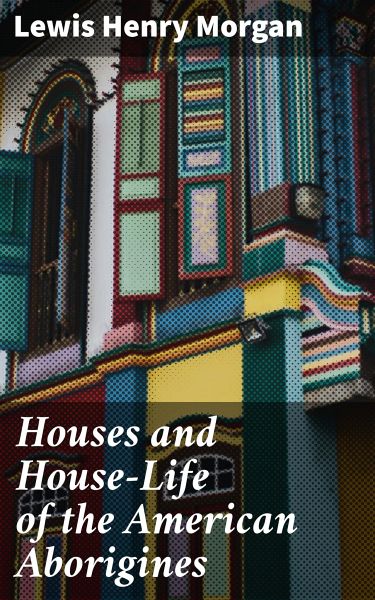
Houses and House-Life of the American Aborigines (eBook, ePUB)
Enriched edition. Unveiling the Indigenous Housing World: Secrets of Native American Dwellings and Social Customs
Kommentar: Kestridge, Brielle / Redaktion: Good Press
Versandkostenfrei!
Sofort per Download lieferbar
1,99 €
inkl. MwSt.
Weitere Ausgaben:

PAYBACK Punkte
0 °P sammeln!
In "Houses and House-Life of the American Aborigines," Lewis Henry Morgan meticulously explores the social and architectural practices of Native American tribes, providing an ethnographic study that blends both detailed observation and theoretical insight. Morgan's work employs a comparative method, revealing the intricate relationships between dwelling structures and cultural identity among various tribes. The book is framed within the broader context of 19th-century social evolutionism, as Morgan seeks to highlight the significance of domestic spaces in understanding the complex social struc...
In "Houses and House-Life of the American Aborigines," Lewis Henry Morgan meticulously explores the social and architectural practices of Native American tribes, providing an ethnographic study that blends both detailed observation and theoretical insight. Morgan's work employs a comparative method, revealing the intricate relationships between dwelling structures and cultural identity among various tribes. The book is framed within the broader context of 19th-century social evolutionism, as Morgan seeks to highlight the significance of domestic spaces in understanding the complex social structures of indigenous communities across North America. Lewis Henry Morgan, an anthropologist and social theorist, was one of the first to advocate for the scientific study of social structures. His groundbreaking work in the fields of anthropology and sociology, fueled by his extensive interactions with Native American tribes, particularly the Iroquois, informs his nuanced understandings of indigenous cultures. Morgan's commitment to presenting Native American societies in their own right, rather than through a Eurocentric lens, reflects a progressive attitude for his time, seeking to challenge prevailing notions of civilization. This book is highly recommended for readers interested in anthropology, history, and architecture, as it offers invaluable insights into the daily lives and social organization of indigenous peoples. Morgan's work not only enriches our understanding of Native American cultures but also serves as a pivotal contribution to the fields of sociology and archaeology. In this enriched edition, we have carefully created added value for your reading experience: - A succinct Introduction situates the work's timeless appeal and themes. - The Synopsis outlines the central plot, highlighting key developments without spoiling critical twists. - A detailed Historical Context immerses you in the era's events and influences that shaped the writing. - A thorough Analysis dissects symbols, motifs, and character arcs to unearth underlying meanings. - Reflection questions prompt you to engage personally with the work's messages, connecting them to modern life. - Hand-picked Memorable Quotes shine a spotlight on moments of literary brilliance. - Interactive footnotes clarify unusual references, historical allusions, and archaic phrases for an effortless, more informed read.
Dieser Download kann aus rechtlichen Gründen nur mit Rechnungsadresse in A, B, BG, CY, CZ, D, DK, EW, E, FIN, F, GR, H, IRL, I, LT, L, LR, M, NL, PL, P, R, S, SLO, SK ausgeliefert werden.




